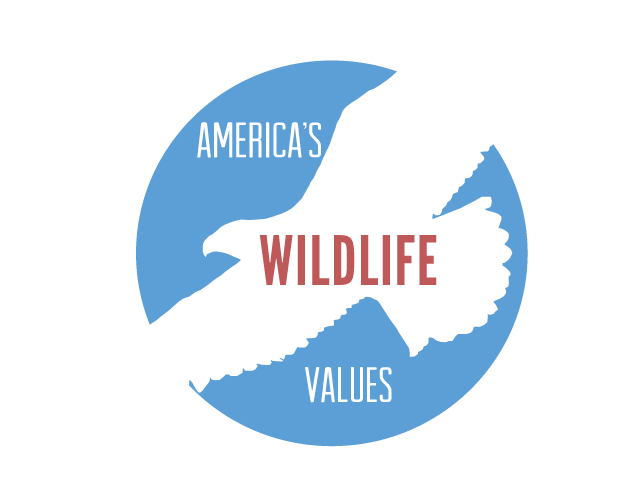PROJECT HISTORY
AMERICA’S WILDLIFE VALUES builds upon and expands earlier research efforts to understand public values toward wildlife.
“Wildlife Values in the West” – a long term research program to assess and monitor public values toward wildlife in the western United States was launched in 2002. The initiative was led by the Western Association of Fish and Wildlife Agencies (WAFWA) Human Dimensions Committee in cooperation with Colorado State University (CSU). The project was also designed to provide critical information about attitudes toward key regional and state-specific wildlife issues and about current and future demand for participation in wildlife-related recreation activities. WAFWA and CSU also led a series of follow-up initiatives intended to enhance the application of wildlife values for agency decision-making and public outreach.
The links below provide some background information about the various research and outreach initiatives which predeced AMERICA’S WILDLIFE VALUES.
UNDERSTANDING PEOPLE IN PLACES
UNDERSTANDING PEOPLE IN PLACES
The purpose of this project is to demonstrate the utility of geographically-tied social science information for fish and wildlife management and to introduce and test a spatially-explicit approach.
WILDLIFE VALUES IN THE WEST
WILDLIFE VALUES IN THE WEST
The first phase of Wildlife Values in the West, completed in 2005, involved 19 state fish and wildlife agencies and was funded by both participating state agency contributions and a grant awarded by the International Association of Fish and Wildlife Agencies as part of the 2002 Multi-State Conservation Grant Program.
CHILDREN IN NATURE
CHILDREN IN NATURE
“Improving Conservation Education and Connecting Families to Nature Through Programs Targeting the Wildlife Values of the Public”
HUMAN DIMENSIONS TRAINING FOR WILDLIFE PROFESSIONALS
HUMAN DIMENSIONS TRAINING FOR WILDLIFE PROFESSIONALS
This project was developed to increase the capacity of agencies to deal with human dimensions issues.
